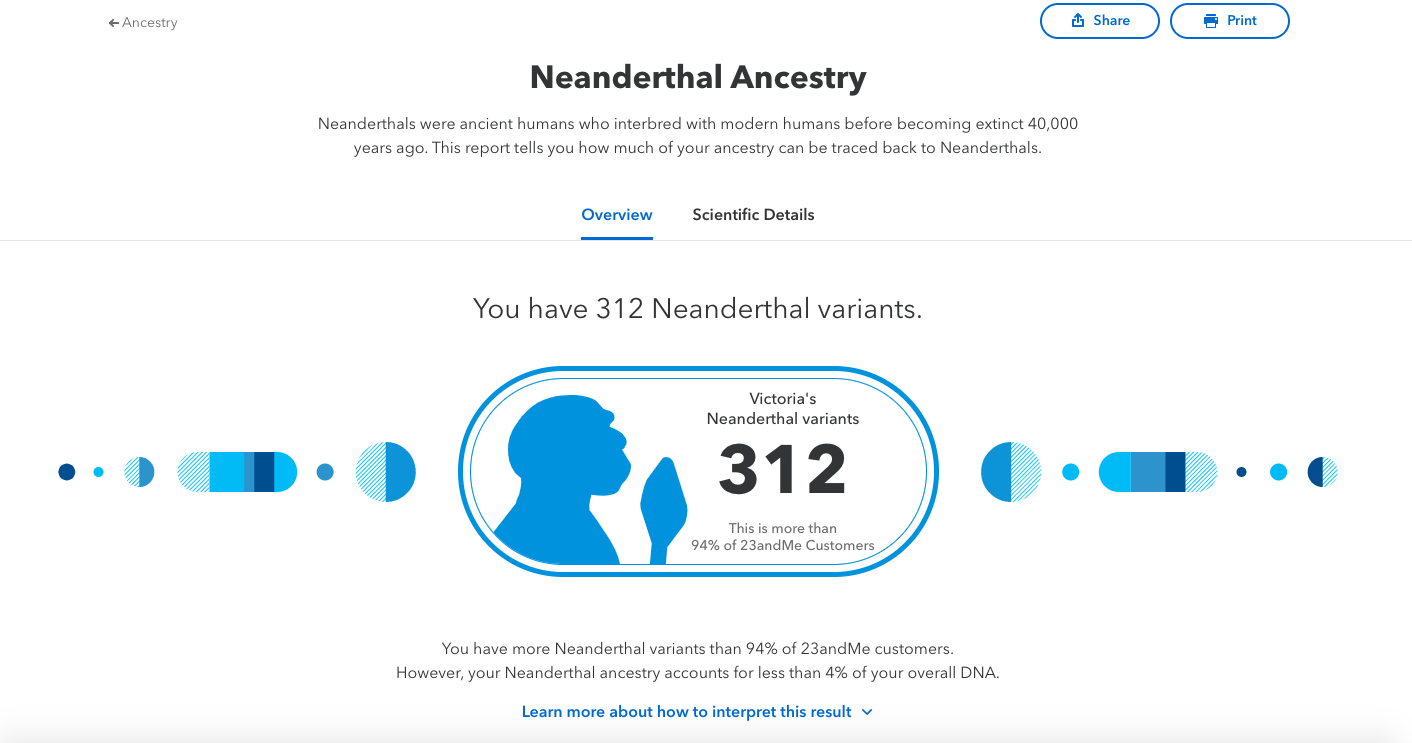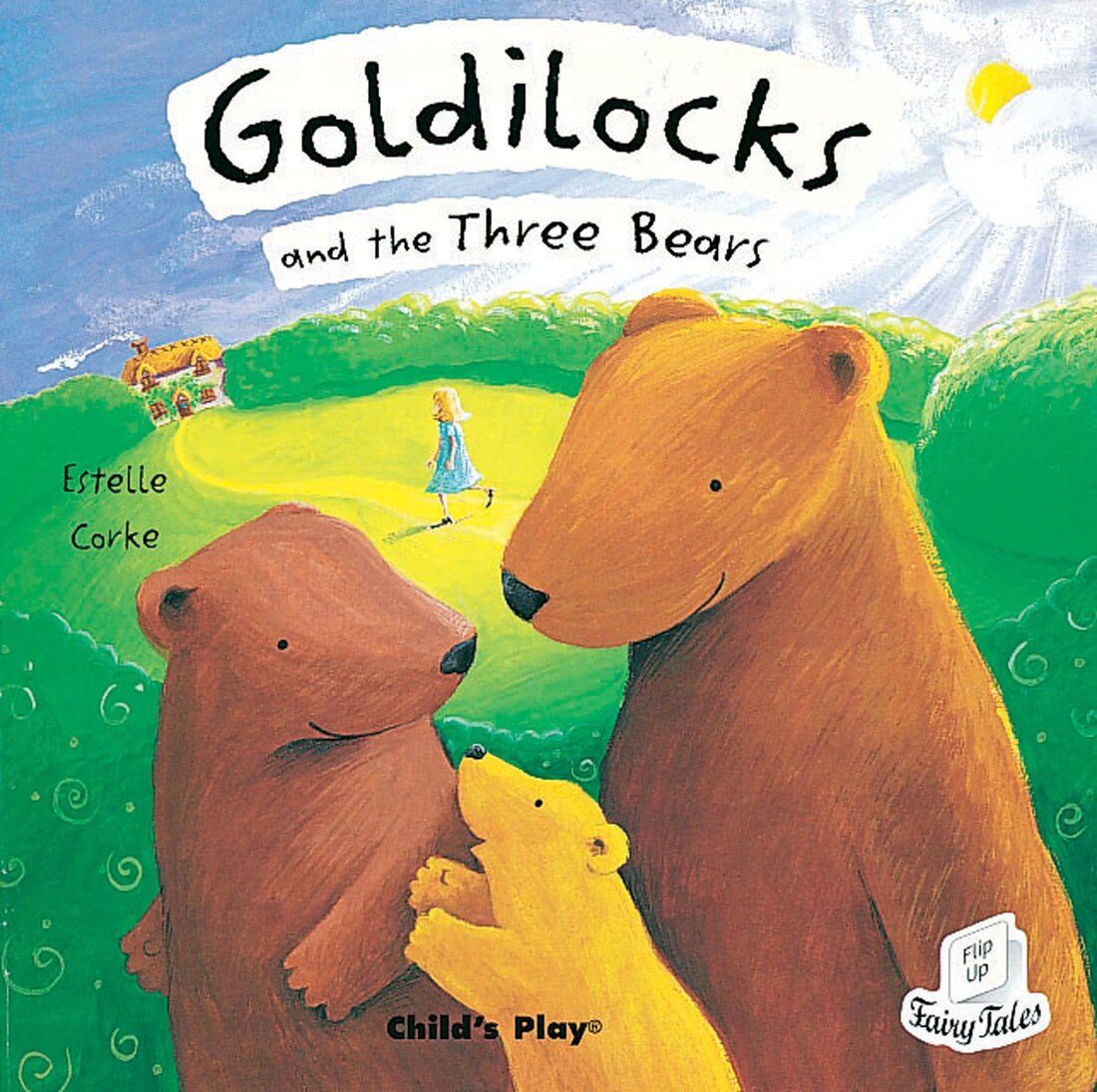Social Studies
Why were Homo sapiens the ones to survive? |
March 4, 2020
|
Whatever happened to the Neanderthals - one of our closest relatives? We find out through discussing multiple texts:
We will be revisiting the concepts of evidence and primary and secondary sources through this exploration. You will be asked to do a small, independent assessment to see how you're applying "The Big Six" Socials skills at the end of class.
- information in our Nelson Socials text
- discussion cards
- the video below
We will be revisiting the concepts of evidence and primary and secondary sources through this exploration. You will be asked to do a small, independent assessment to see how you're applying "The Big Six" Socials skills at the end of class.
Did you know... Mrs. LS is about 4% Neathderthal?! Thanks to ancestry-tracking companies like 23andMe and some brand-new emerging anthropological science, we are learning that many folks are actually carrying on the genome of Neanderthals. This confirms that at one point some of our great-great-great-great-great-great.... you get the idea... ancestors actually interbred with Neanderthals!
Where Did Humans Come From? |
March 2, 2020
|
Where did humans come from? And why are we - homo sapiens - the only species of humans left?
These questions will be driving our dive into human anthropology, the study of human origins. We will be exploring this through digital media like images and videos as well as through texts like our Nelson Socials 7 textbook.
Below are six images of skulls of our potential human ancestors - some confirmed, others not. We will compare and contrast these to see just how much hominids have changed.
These questions will be driving our dive into human anthropology, the study of human origins. We will be exploring this through digital media like images and videos as well as through texts like our Nelson Socials 7 textbook.
Below are six images of skulls of our potential human ancestors - some confirmed, others not. We will compare and contrast these to see just how much hominids have changed.
The "Big Six" Social Studies Thinking Skills |
February 13, 2020
|
#6: Ethical Judgment
Ethical Judgment is a person's ability to determine the "rightness" or "wrongness" of actions and to understand the ultimate lesson that comes out of an action. We will continue to use classic fairytales to guide us in identifying ethical or moral lessons that come from the a
The "Big Six" Social Studies Thinking Skills |
February 11, 2020
|
#5: Perspective
|
Perspective is looking at something from another person's point of view. This can be a story, event, or even a person. How might stepping into someone else's circumstance change the story we have to tell?
In class, we explored perspective through rewriting the narrative of Goldilocks and the Three Bears from the perspective of one of the main characters. What might that character see, experience, and feel? What would be significant to them? When we start to apply perspective to historical events, we can better understand conflicts or wars between countries or why certain historical figures may have been popular in a certain time era, despite infamy in later time eras. |
The "Big Six" Social Studies Thinking Skills |
February 3, 2020
|
#4: Evidence
Evidence can be used to prove or disprove whether a statement is true. We are going to write a thesis statement that ties together the images below, which will be our evidence. Some of the sources are primary sources which are directly from the event, place, time period, or person being studied, and some are secondary sources which are someone else's interpretation of a primary source.
All of the artifacts we'll be looking at involve Mr. LS... but what statement could be true that includes ALL of them? Hmm! Look carefully!
All of the artifacts we'll be looking at involve Mr. LS... but what statement could be true that includes ALL of them? Hmm! Look carefully!
The "Big Six" Social Studies Thinking Skills |
January 21, 2020
|
#3: Continuity & Change
As time marches on, which things stay the same and which things change? In this exploration, we will use the thinking skill of identifying continuity & change in a region. Specifically, we'll be looking at downtown Vancouver, with the earliest image being shot in 1947!
As you study the images in the slideshow and the linked websites below, what do you notice? Specifically, keep an eye out for:
The central question to consider: During the passing of time between any two photographs you compare against one another, has there been progress or decline? How?
As you study the images in the slideshow and the linked websites below, what do you notice? Specifically, keep an eye out for:
- methods of transportation
- technological developments or advancements
- economic activity (growth or decline)
- clothing or dress
- evidence of cultural, social, or sporting activities
The central question to consider: During the passing of time between any two photographs you compare against one another, has there been progress or decline? How?
The "Big Six" Social Studies Thinking Skills |
January 12, 2020
|
#2: Cause & Consequence - Current Event Timeline Analysis
|
Click the buttons to the right to access the edited BBC articles that outline the current crisis between Iran and the USA. Create a timeline on chart paper with your table team to document significant events in the order that they happened. Your initial work will be summary and timeline work.
Afterward, you will be asked to critically think and analyze which event, if any, caused any of others and show what the consequences of each event were. |
|
January 7, 2020
|
What makes something significant? As we explored through brainstorming our own important life events, it is something that creates a lasting impact in our lives, and often elicits strong emotions like joy, happiness, grief, or pain.
Historical significance is similar. When an event occurs that has massive impact, or somebody does important work that affects a lot of people, they become significant in the history books!
Today, we're going to explore what kinds of things can make someone, something, or someplace to be historically significant. The document below has a list of people, events, and places that all carry some level of significance to them. With your group, you need to figure out who, what, or where they are, and why they're significant.
Questions to answer for each person / event / place:
Historical significance is similar. When an event occurs that has massive impact, or somebody does important work that affects a lot of people, they become significant in the history books!
Today, we're going to explore what kinds of things can make someone, something, or someplace to be historically significant. The document below has a list of people, events, and places that all carry some level of significance to them. With your group, you need to figure out who, what, or where they are, and why they're significant.
Questions to answer for each person / event / place:
- What was the impact of this person / event / place in the past?
- Did this person / event / place impact the future? How?
- Did this person / event / place have local impact, national impact, or international impact? How do you know?
Your browser does not support viewing this document. Click here to download the document.
Student Vote Canada

The time has come for a federal election and students need to use their voice! Throughout this week, we will learn a little bit about the federal election process and party platforms. Next week, we will have an opportunity to cast our own votes in a mock election for the candidates in our riding through the Civix Student Vote project.
|
|
|
Links You'll Need To Explore Our Riding
How Do We Decide?The best way to decide on which party you want to support is to get informed about their opinions on different issues. In this next section, we will explore some candidate Q&A where the leaders of each party will tackle some tough questions that come from kids across Canada.
We will use the video to the right as a SAMPLE QUESTION that we do together, then you will get to explore two more on your own. |
|
The question asked to these candidates is: how do you plan to address climate change?
The party leaders' responses are listed below, with the parties in alphabetical order by party name. We will watch each video and you will need to jot down a note on your page about what you think they're saying. Is climate change a priority or not? Are they answering the question or are they using the question to say something else? This is tough work to decipher so we will review what the candidates are saying after each video to try to make it clear where they stand.
The party leaders' responses are listed below, with the parties in alphabetical order by party name. We will watch each video and you will need to jot down a note on your page about what you think they're saying. Is climate change a priority or not? Are they answering the question or are they using the question to say something else? This is tough work to decipher so we will review what the candidates are saying after each video to try to make it clear where they stand.
Conservative Party |
Green Party |
Liberal Party |
New Democratic Party |
People's Party |
Now It's Your Turn
|
Head to the Student Vote Q&A website using the button to the right and scroll down. You need to choose TWO more questions and watch the corresponding videos that contain the party leaders' responses to these questions. Write your notes on what you think they're saying.
Keep in mind what YOU believe about these questions as you listen to their responses. |


